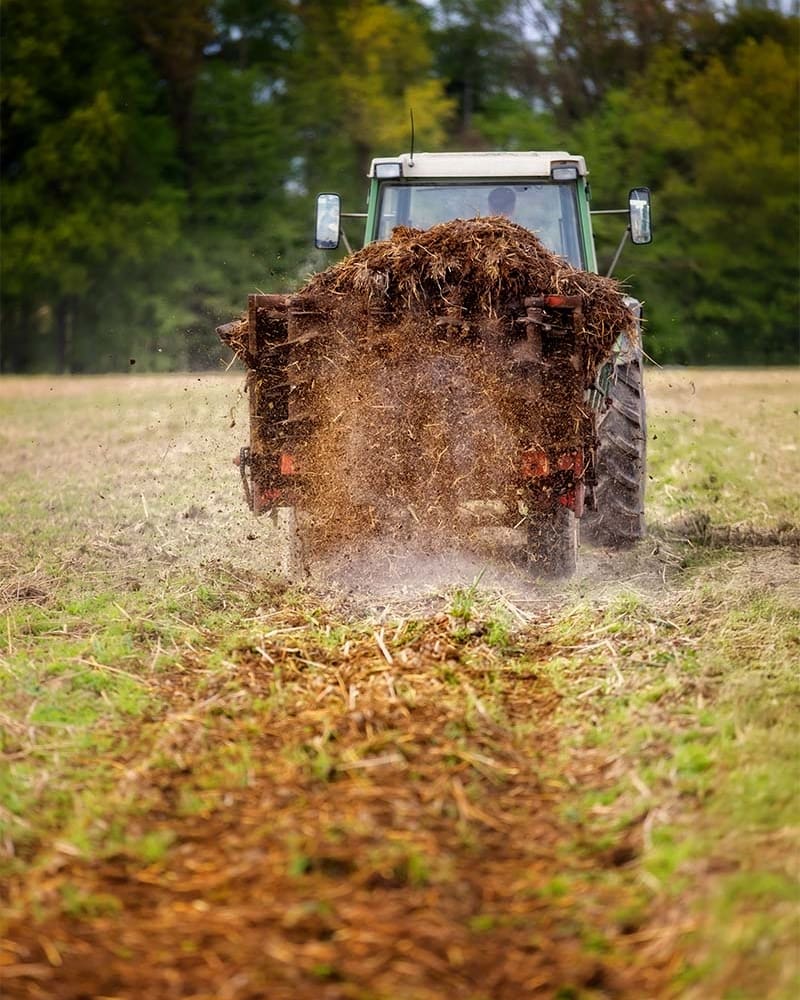Contact our offices
Main office
COLBURN
5 & 6 BAILEY COURT
COLBURN BUSINESS PARK
RICHMOND
NORTH YORKSHIRE
DL9 4QL
Estate Agency Offices are located in
BARNARD CASTLE, BOROUGHBRIDGE & RICHMOND
Residential Management Team
Our Offices
- Alnwick
01665 568310
Email Officealnwick@gscgrays.co.uk - Barnard Castle
01833 637000
Email Officebarnardcastle@gscgrays.co.uk - Boroughbridge
01423 590500
Email Officeboroughbridge@gscgrays.co.uk - Chester-Le-Street
0191 3039540
Email Officechester-le-street@gscgrays.co.uk - Colburn
01748 897630
Email Officecolburn@gscgrays.co.uk - Driffield
01377 337180
Email Officedriffield@gscgrays.co.uk - Hamsterley
01388 487000
Email Officehamsterley@gscgrays.co.uk - Hexham
01434 611565
Email Officehexham@gscgrays.co.uk - Kirkby Lonsdale
01524 880320
Email Officekirkbylonsdale@gscgrays.co.uk - Penrith
01768 597005
Email Officepenrith@gscgrays.co.uk

Is there still truth in the old adage, ‘where there’s muck there’s brass’?
The age old saying “where there’s muck there’s brass” reflects a practical truth familiar to generations of farmers.
Livestock manures and slurries have long played a vital role in building soil health and reducing dependency on synthetic fertilisers. Whether produced on farm or imported, these organic materials continue to offer agronomic and economic value.
However, in today’s highly regulated landscape the way farmers manage, store and apply organic manures is under much greater scrutiny. From environmental regulations to planning policy, the rules governing organic manure are shifting and the implications of non-compliance can be serious.
Rising nitrogen fertiliser prices have led more farmers to maximise manure use, often applying it later in the season or on standing crops. As attention turns to water quality and pollution risks, regulators and planning authorities are tightening controls with manure, once regarded as a straightforward by-product, now increasingly treated as a material of concern, particularly when storage or use is poorly managed.
So, is muck still an asset, or is it becoming a liability?
With the right advice, tools and investment, manure still has a vital place in modern farming, but the days of informal management are over.
Historically, many routine farm activities such as spreading waste on agricultural land fell under ‘waste exemptions’ that did not require a permit. However, on 1st April 2025, the Environmental Agency (EA) introduced new charges for both registering and renewing these exemptions. While these changes aim to support enforcement and reduce waste related crime, they also add cost and complexity for already stretched farm businesses.
Layered on top of this are the Farming Rules for Water (FRfW), introduced in 2018, which set mandatory requirements for managing nutrients and preventing water pollution from agricultural activities. These rules apply to all land managers in England and cover critical aspects such as application timing, field conditions and manure storage. For the 55% of England designated as Nitrate Vulnerable Zones (NVZs), additional restrictions further tighten the regulatory net.
Farmers must also comply with Silage, Slurry and Agricultural Fuel Oil (SSAFO) rules, which govern the construction and maintenance of storage infrastructure to prevent pollution.
With cross-compliance fading and rules shifting into law, non-compliance now carries more serious consequences than just reduced subsidy payments. Fines of up to £5,000 in Magistrates’ Court, or unlimited penalties for serious breaches tried in Crown Court are possible sanctions for breaching some regulations.
The EA is expanding its inspection team, and on-farm visits are likely to increase. While the agency continues to take an advice-led approach, sanctions will be imposed when necessary.
In this environment, understanding the rules and being proactive about compliance is essential to avoid costly setbacks and to make the most of potential benefits.
Despite these challenges, there are still opportunities to generate value from manures and slurries beyond traditional spreading on grassland or on arable crops as part of a mixed farming system. For example, pelletising poultry manure for sale to the horticulture sector, or supplying poultry litter manures to anaerobic digestion plants for energy production are innovative ways of transforming a potential problem into profit—but they often require significant capital investment and careful business planning.
So, is there still brass in muck?
The answer is still “yes”, but only if it is handled with care, foresight and compliance. Managed properly, organic manures remain a cornerstone of resilient, productive and sustainable farming. Handled incorrectly, they can damage the environment and quickly become a costly liability.










